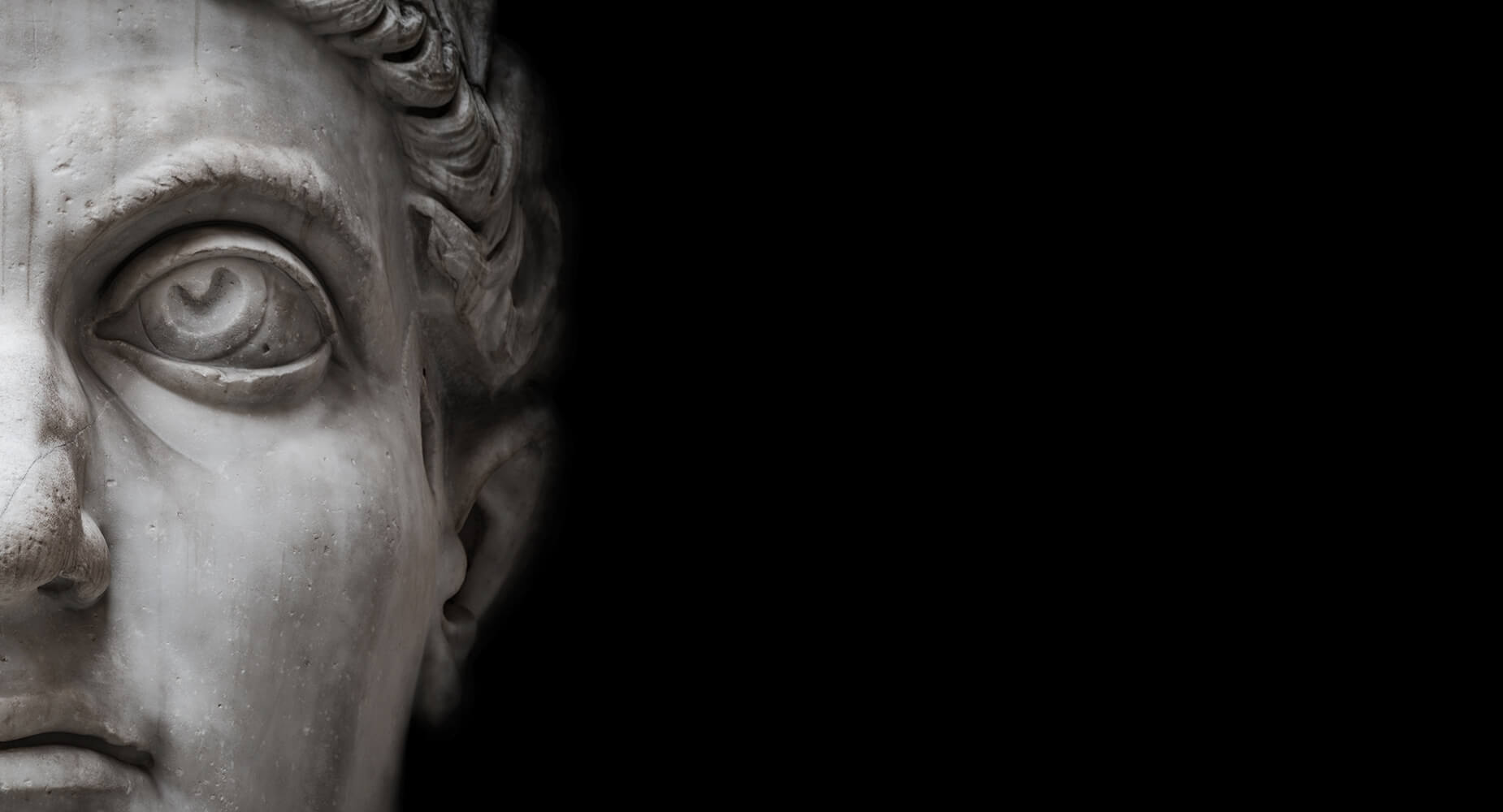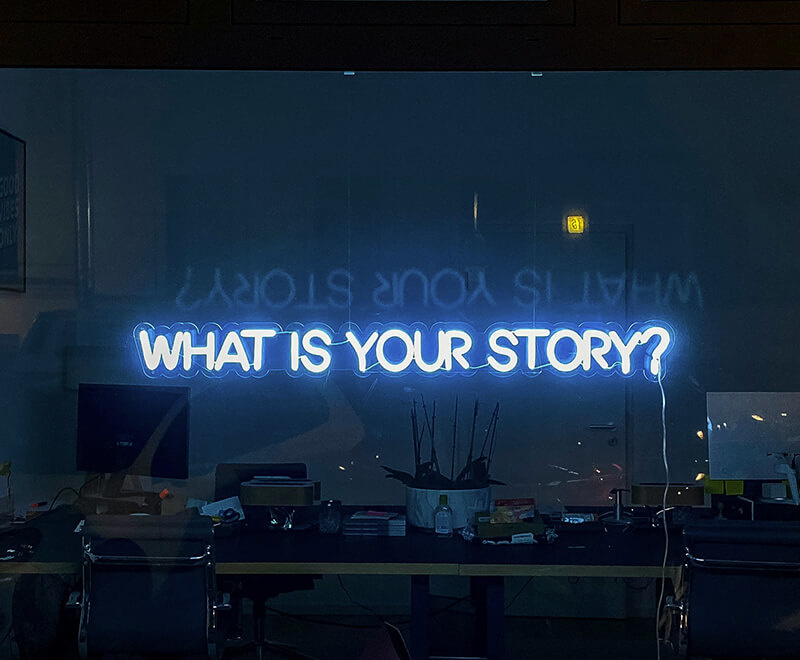It started as a question on TikTok last week – “how often do you think about the Roman Empire?” Now with over 1.5bn uses of the #romanempire hashtag, we asked our senior advisor Dr Simon Elliott, who also happens to be a historian and archaeologist who has written numerous books about the Romans, to set out five lessons PR professionals can learn from the Roman Empire.
The Roman Republic and Empire lasted for nearly a thousand years in the west, and far longer in the east. It still directly shapes the world we live in today, for example through language, religion, political geography and law. The Romans were also fabulous communicators, both in a contemporary sense and also down the centuries through to us today. They therefore have much to teach the modern public relations and public affairs practitioner.
Control the narrative
Most of our knowledge of the Romans comes from pro-Roman authors who wrote from a pro-Roman perspective. Sometimes the key protagonists themselves are those telling their own story. Gaius Julius Caesar is our best example. Today he is the most famous Roman, known to all with an interest in history. Yet most of what we read of him was actually dictated by him to one of his secretaries, who then set it down as a narrative to be sent to the Senate and people of Rome to ensure all knew of his amazing exploits.
The best known are his Gallic Wars reports, published today as The Conquest of Gaul. It is worth noting here we have no Gallic voice at all in any record to provide an alternative point of view, nor any similar voice from the majority of Rome’s opponents, certainly in the imperial period.
Thus, the Romans completely controlled their own narrative, and still do today given the nature of the sources. This is a key lesson in public relations.
Always take control of the narrative.
True grit
The Romans were incredibly resilient. They did not always win, but when they lost they always returned and – more that not – were ultimately victorious. In that sense they had true grit. This is another good lesson for the public relations practitioner. Whether launching a new campaign or dealing with a crisis, hold your nerve and stay the course.
Be resilient and show your true grit.
Adapt and learn
The Romans were also exceptionally good at learning from the tactics, techniques and technologies of their opponents. For example nearly all of the equipment of the classic imperial Roman legionary was invented by one of their defeated enemies.
His Gallic imperial helmet was based on a Gallic design, his scutum shield was a based on a Samnite design (these an early Italian opponent), his pilum lead-weighted javelins and gladius hispaniensis sword were Spanish and his lorica segmentata banded-iron armour was based on Etruscan gladiator armour (also early Italian opponents).
This is another key lesson for the public relations practitioner.
Always be open minded, learn, and adapt when necessary.
Share the spoils
Roman society was very structured, yet those in positions of power always knew their success owed a huge amount to the hard work of others. The most successful Roman leaders always shared the spoils of their victories, in military or civilian life.
This is an important lesson for today’s business leaders, in public relations and elsewhere.
Always share the credit for success and reward your team.
Manage your logistics
The Romans were masters at planning and logistics, whether on military campaign or in civilian life. Nothing was left to chance and everything well thought through in advance. That ensured the best possible chance of success, and allowed flexibility when the situation required it.
Do your planning, prepare for every eventuality, and you have the best chance of success.
**
Dr Simon Elliott is a Senior Advisor at Pagefield, with years of experience leading the London practices of a variety of international agencies. He is also an award-winning journalist, historian, archaeologist and author. Simon’s career as an historian and author has seen him specialise on the Roman Empire and has had seven books published on the subject. He is currently a Research Fellow at the University of Kent where he completed his PhD in Archaeology and a Fellow of the Society of Antiquaries.




